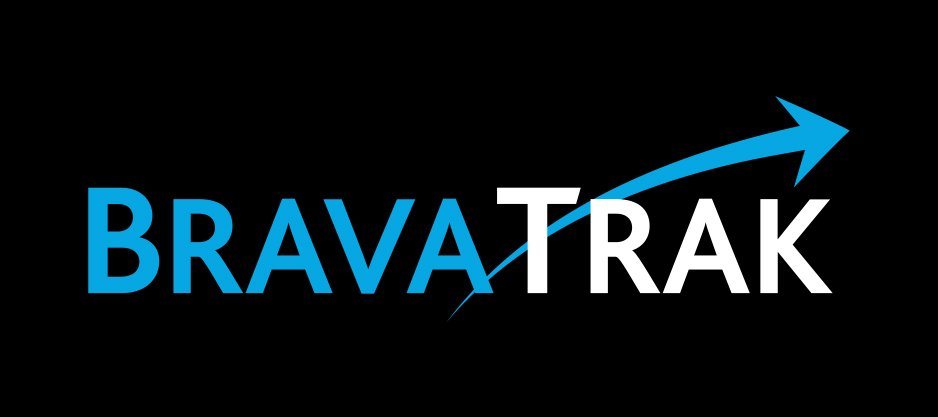What Stanford University Can Teach Us About Coaching Questions
Transcript
Hi there, this is Blair from BravaTrak.
You'll recall in a previous post, I introduced the idea of taking a coaching approach in which you ask 3 distinct levels of questions when you want to guide behaviour. The three levels are;
Level one, ask questions about the facts, situation, their behaviour and thoughts.
Level two, ask questions to get people to elaborate further, by providing more in-depth explanation and assessment.
And level three, ask questions to get people to think about the consequences of their actions.
Level one questions are the preliminary questions that open up the topic. As you listen to the responses you get, you can advance to the next level of information by asking second level questions. These guide people in assessing and explaining their first level responses.
Insights From Stanford University
Researchers at Stanford University label these questions, 'elaboration questions'. They found that the questions aided people in understanding other's viewpoints. Furthermore, they also prompt people to be more receptive to your ideas, even if those ideas are contrary to their own.
Second Level Coaching Questions
Remember, the intention of level two questions is to get people to elaborate on their level one responses. So, example questions in a coaching conversation could be
"Why do you think X is the issue?"
"What are possible solutions that spring to mind?"
"If there's one thing you could change about X, what would it be?"
Irrespective of the situation in which you're questioning someone, when you begin asking second level questions, you'll notice that the impact of your questions and the insights they generate are enhanced dramatically.
That's my take, what do you think?
